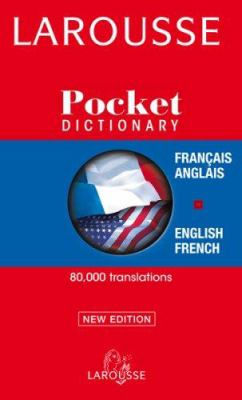
Classification of Dictionaries
In his book Manual of Lexicography, Ladislav Zgusta tried to create a possibility to categorize dictionaries better. Let us now take a look at the categories he chose. The first differentiation, Ladislav Zgusta makes is between diachronic dictionaries and synchronic ones.
Diachronic dictionaries are mainly concerned with the history and development of the form and meaning of words. So we can subsume historical and etymological dictionaries under this category.
Synchronic dictionaries deal with the language and its word-stock at a certain point in time, for example in the Early Modern period or the Present Day English period, although this definition bears methodical problems when one considers that language is in change every day and used differently by everyone.
Secondly, we have to distinguish between general and restricted dictionaries. Authors of restricted dictionaries narrow their view to a certain part of the lexicon or other features of a language. There is a great variety of restricted dictionaries dealing for example with dialects, slang, jargons and their lexicon or the words and terms used by an author or in a special work, the word indexes or concordances. Dictionaries of loan-words, idioms and various others also belong to this large group. The focus of restriction can be on almost everything: semantic properties, etymological roots, geographical areas and many more. The counterpart of this type of dictionary is the general dictionary, which focuses on the general standard national language in use.
An important dimension of classifying dictionaries is the number of languages dealt with. There are monolingual dictionaries, bilingual dictionaries and, although rather infrequently, dictionaries including more than two languages. Mostly dictionaries like these are made for people learning English as a foreign or second language and are therefore called EFL or ESL dictionaries. Monolingual dictionaries like the Oxford Advanced Learner` s Dictionary belong to this category, too.
Bilingual dictionary Monolingual dictionary
The factor purpose is to be considered as a powerful one in dictionary making. Zgusta mentions pedagogical dictionaries which restrict themselves to information that a learner is expected to need, e.g. for learning a language. They often have a prescriptive character. Of course, it is essential to consider which groups a dictionary is aimed at. Is it written for children, adults, scholars, etc.? Each group has its own expectations and needs which have to be taken into consideration.
Furthermore, we should have a look at the size of a dictionary. “Size” is a traditional but also confusing term as we merely talk about the degree of completeness or density of a dictionary and not the number of pages. Examples of dictionaries with great exhaustiveness are thesauruses. They try to cover a vast amount of texts and words of languages as opposed to small dictionaries, which have a low generative power and a reduced vocabulary. The smallest units are normally special dictionaries and so-called word lists, which are too small or narrowed to justify themselves being called dictionaries.
Landau adds another dimension to this discussion when he takes the matter of financing into consideration. Which profit is expected of a certain dictionary? We can differentiate between scholarly and commercial dictionaries, which often have different contents and which reliability varies. Scholarly dictionaries often take years to be completed while commercial ones are often finished as fast as possible to make money.
As we have seen it is impossible to define the term “dictionary” in one or two sentences. We have to classify dictionaries and must consider various aspects before we can really categorize the Oxford English Dictionary or the Collins English Dictionary. Furthermore we have not yet talked about Online Dictionaries. With the rise of the internet as an important global medium, online dictionaries have grown increasingly popular and significant. There are various online editions of traditional dictionaries, like the online version of the Oxford English Dictionary or free dictionaries like dictionaries of Slang or concordances. In addition to that, CD-ROM versions of almost every dictionary are available, today.


